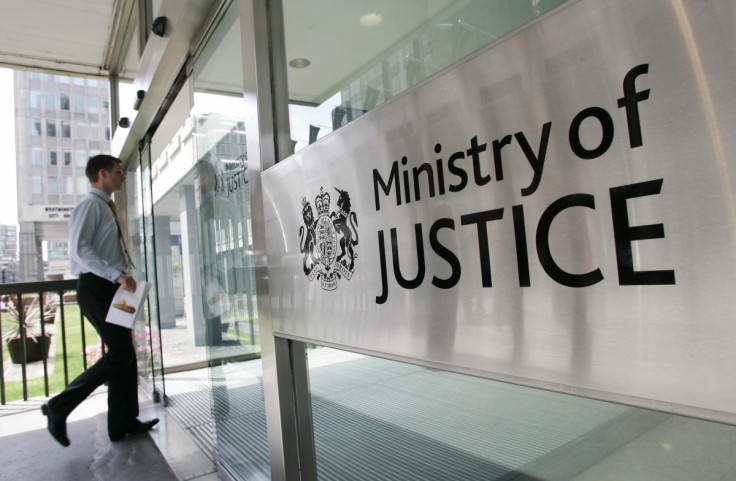Coalition Government's Employment Tribunal Fees 'Severely Limit Access to Justice'

The Collation Government's introduction of employment tribunal fees a year ago has severely limited access to justice for workers, according to research from the Universities of Bristol and Strathclyde.
The fees, which range from £160 ($271, €201) to £1,200, were introduced by David Cameron's government to encourage businesses and workers to mediate or settle a dispute rather than go to a full hearing.
Ministers also said the move would reduce the financial burden of employment tribunals on the taxpayer.
But academics, who worked with six Citizens Advice Bureaux – three in England and three in Scotland – over two years to track the experiences of workers involved in disputes with their employers, found that many claims are for fairly small amounts.
And the imposition of fees means that employees are much less likely to try and recover this money.
The findings of the study come after official figures revealed that the number of claims made to employment tribunals in the months January to March 2014 plummeted by 81% compared to the same quarter the previous year.
"Such a sharp decrease in cases has profoundly worrying consequences for the future of employment law," said Professor Morag McDermont, Professor of Socio-Legal Studies at the University of Bristol Law School.
"Workers who have been unfairly dismissed, subjected to unlawful discrimination, or who have simply not been paid for work they have done now have severely limited access to justice.
"Due to such high fee levels, it's hardly surprising that four out of five people now decide not to proceed."
From their interviews, researchers also discovered that those on low incomes who qualify for a reduction or waiver of fees have experienced real difficulty in accessing this due to the complexity of the scheme and stringent qualifying conditions.
The Coalition Government claimed that there were a high number of unfounded cases which were causing backlogs in the system, costing employers money and preventing job creation.
However, the research found no evidence of vexatious claims or widespread abuse of the system during their study.
Professor Nicole Busby, Professor of Law at the University of Strathclyde, added: "Aside from the financial costs, the psychological and emotional damage has left many in mental or physical ill-health.
"Our legal system allows little opportunity for expressing what actually happened and how it has affected the individual's life, let alone in finding a human-centred solution."
But the Justice Minister, Shailesh Vara, said it could not right that "hardworking taxpayers should pick up the bill for employment disputes in tribunals".
"It is reasonable to expect people to pay towards the £74m bill taxpayers' face for providing the service," Vara argued.
"But it is important to emphasise that the Government has been very careful in ensuring that those who have limited mean have fee waivers and are not excluded from seeking redress in tribunals."
© Copyright IBTimes 2024. All rights reserved.









